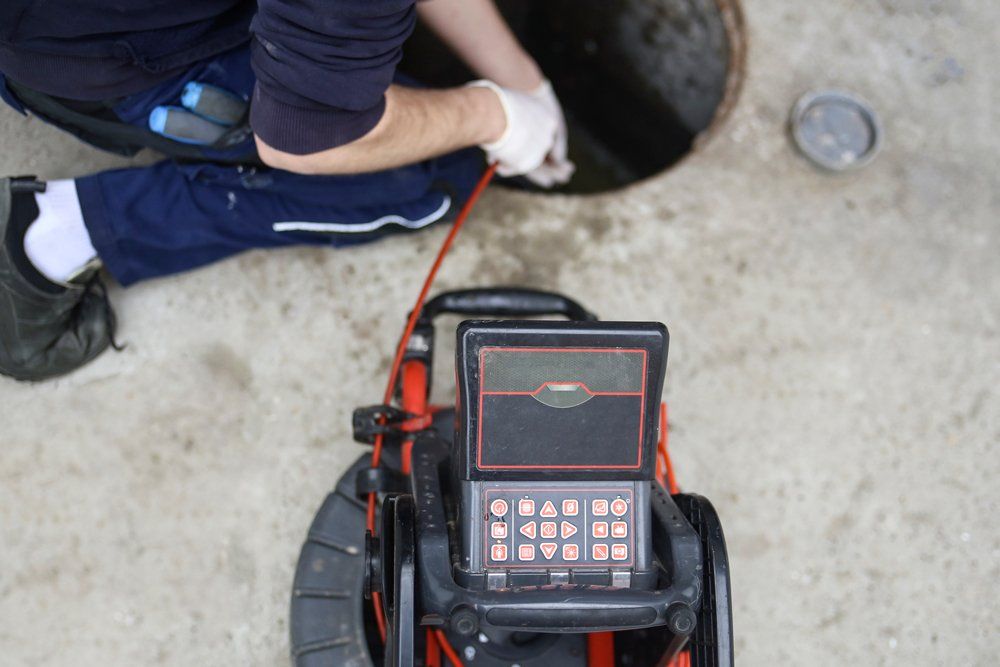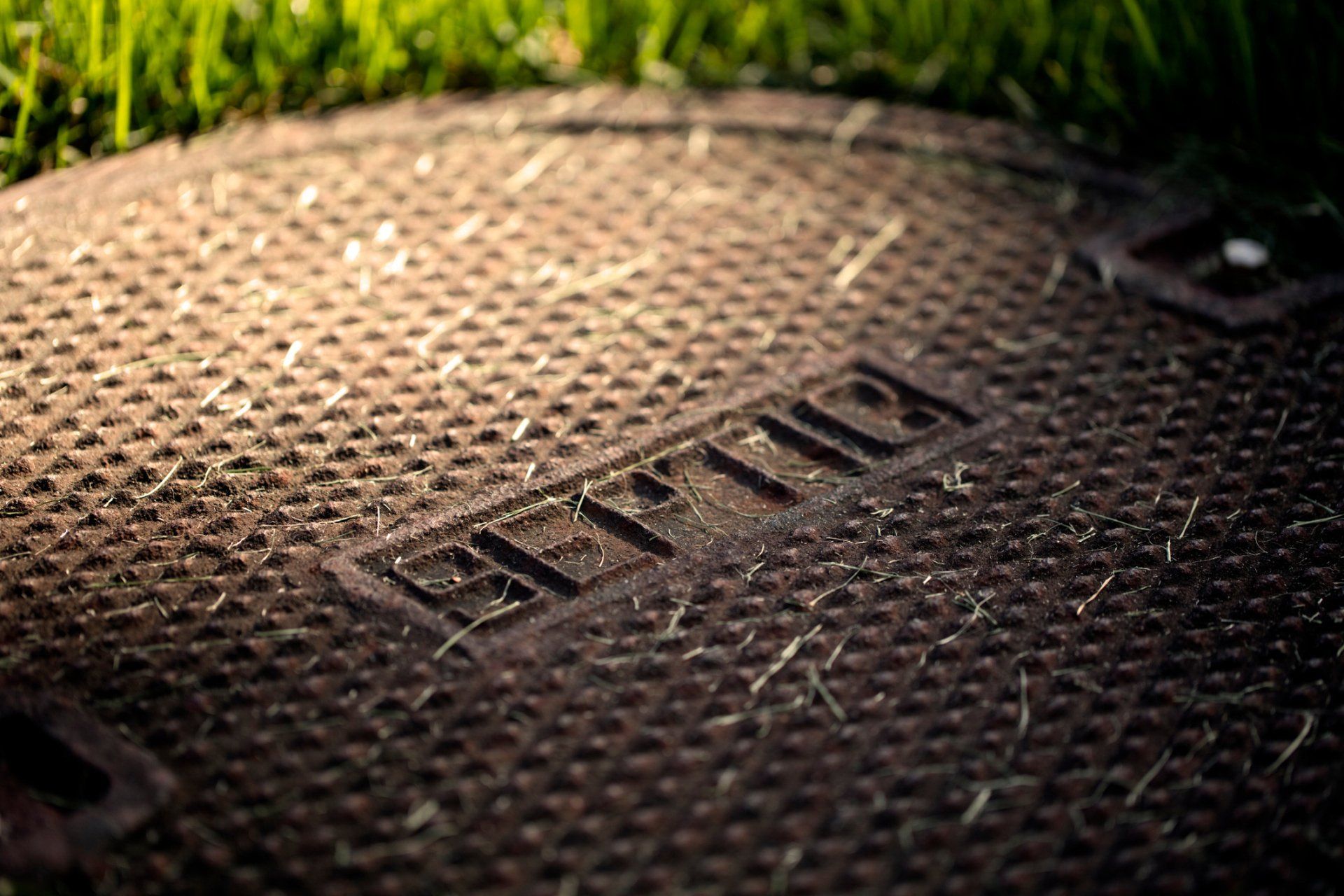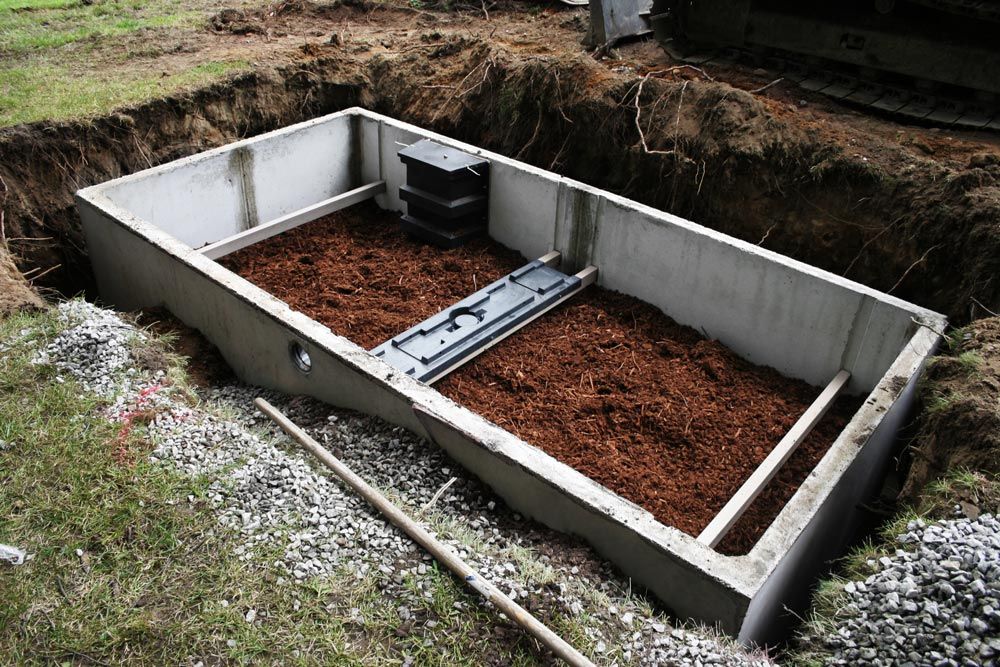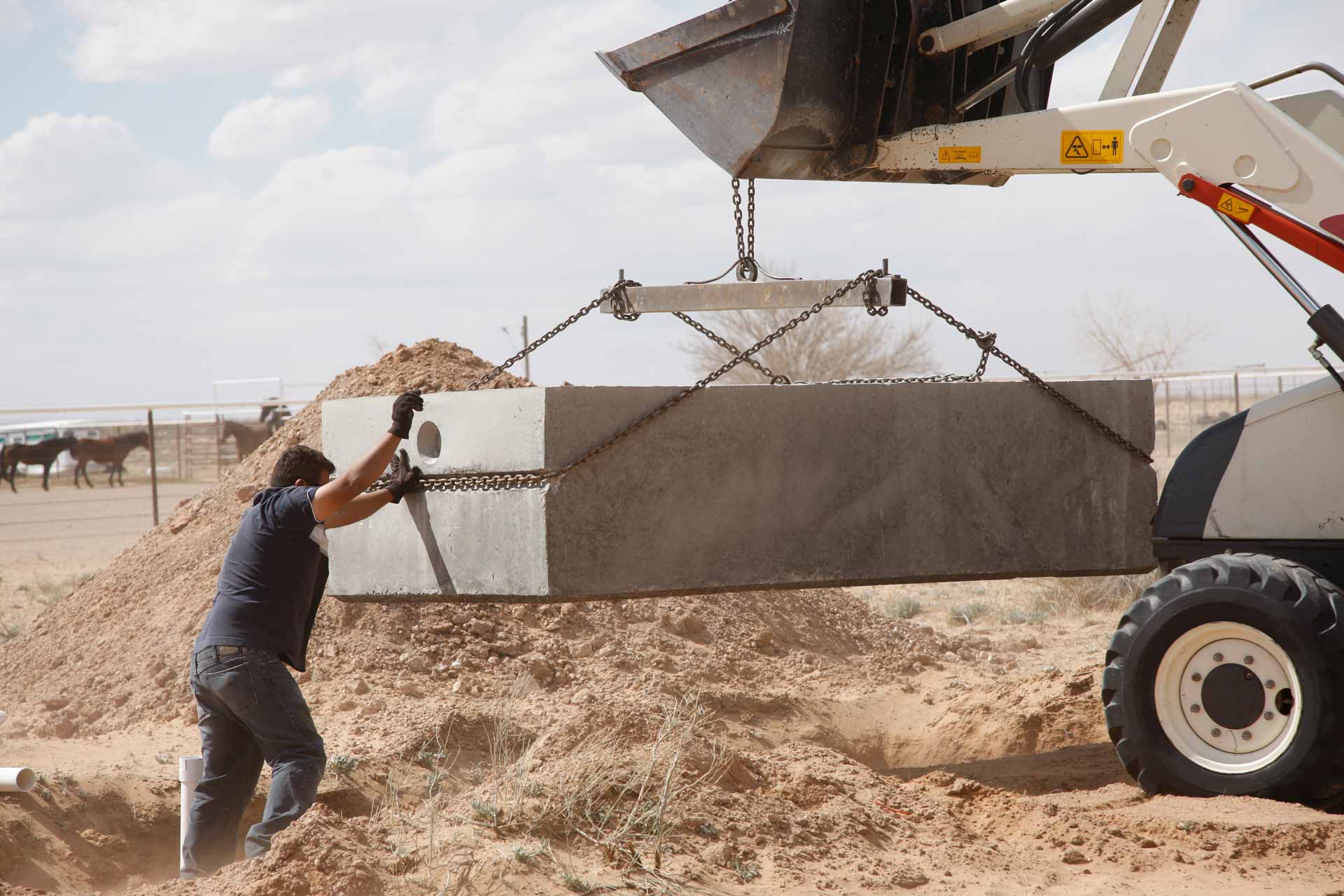Why You Shouldn't Substitute Septic Maintenance With Septic Additives
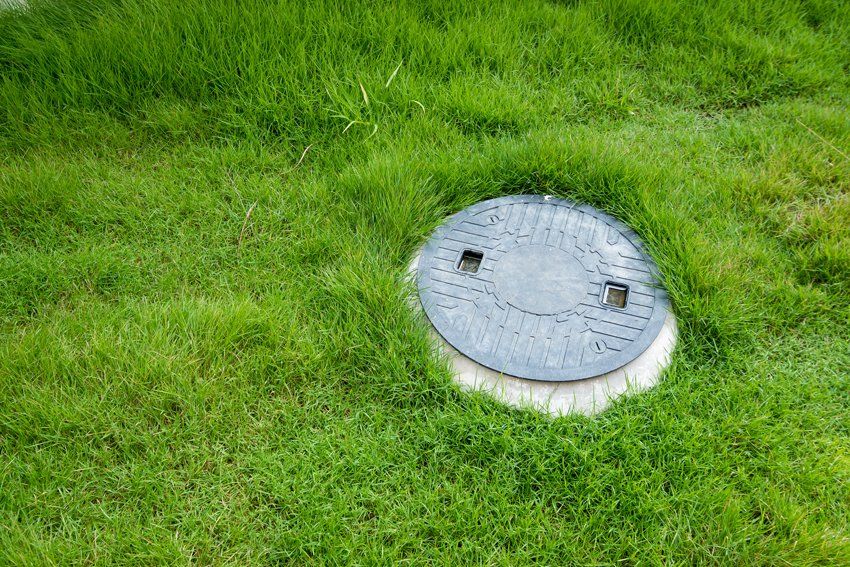
Some people think they can use septic additives so that they don't have to maintain their septic systems. Unfortunately, your septic system's efficiency depends on its maintenance and service, not additives. Here is an overview of septic systems, the myth of additives, and correct septic maintenance practices.
How Septic Systems Work
To understand why additives don't work as advertised, you need to understand how the septic system works. Once the septic effluent gets into the tank, it decomposes due to the action of bacteria. The decomposed effluent then separates into three layers:
- Sludge at the bottom of the tank
- Watery effluent on top of the sludge
- Scum (mostly fats, oils, and grease) at the top of the pile
The watery effluent flows to the septic drain field where further decomposition occurs, and treated wastes seep into the soil.
The Additives
Septic additives are mostly chemicals, such as acids and solvents. Some people also sell biological additives, which are mostly bacteria and enzymes.
Claimed Benefits
Proponents of septic additives claim that they work in two main ways. The first is that chemical additives help with the decomposition of wastes in the tank. The second is that the biological additives augment the natural bacteria in the septic tank, which also accelerates decomposition.
Why Additives Are Unnecessary
The claimed benefits of septic additives are more myths than reality. For one, it is not chemicals, but the bacteria in the septic tank and drain filed that break down the wastes into harmless components. Secondly, a well-maintained septic system has enough microbes to facilitate decomposition without other help.
The Dangers of Additives
Septic additives are both unnecessary and dangerous. Here are some of the associated dangers:
- Corrosion: Many of the chemicals in septic additives are corrosive and can damage metal components of the septic system.
- False security: If you use additives, you might think that your system doesn't need any maintenance or service even though it does.
- Microbe death: Chemicals in septic additives can kill microbes in the septic tank or drain field.
- Ground contamination: Chemicals in septic additives can seep into the ground along with the effluent and contaminate the groundwater.
In the end, the additives might leave your septic system in a worse condition than before. If you have to use additives, first confirm with your septic company that the additives won't harm the system.
What to Do
The good news is that septic maintenance is relatively easy. Below are some of the measures that will keep your septic system healthy:
- Ensure that only organic wastes, specifically human waste, water, and toilet paper, enter the septic system.
- Have the septic system regularly inspected to spot and deal with emerging problems.
- Limit the volume of water that goes into the septic system so as not to flood the drain field.
- Pump the septic system regularly. The optimal frequency depends on various factors, such as the nature of your wastes, the household size, and your water-usage habits.
- Don't compact the septic drain field - for example, don't park cars on the drain field.
- Don't let chemicals flow into the septic system.
- Limit the quantity of fats, oils, and grease that enter the septic system. For example, install a grease trap and discard these separately.
- Repair septic problems as soon as they emerge.
A septic maintenance company can provide you with the full list of septic maintenance do's and don'ts.
A new septic system costs a lot of money to install. Take care of your existing system so that it doesn't fail prematurely. Pete's Outflow Technicians can help you pump your septic system and execute the necessary maintenance and service. Contact us today, and we will have your septic system running healthily in no time.
